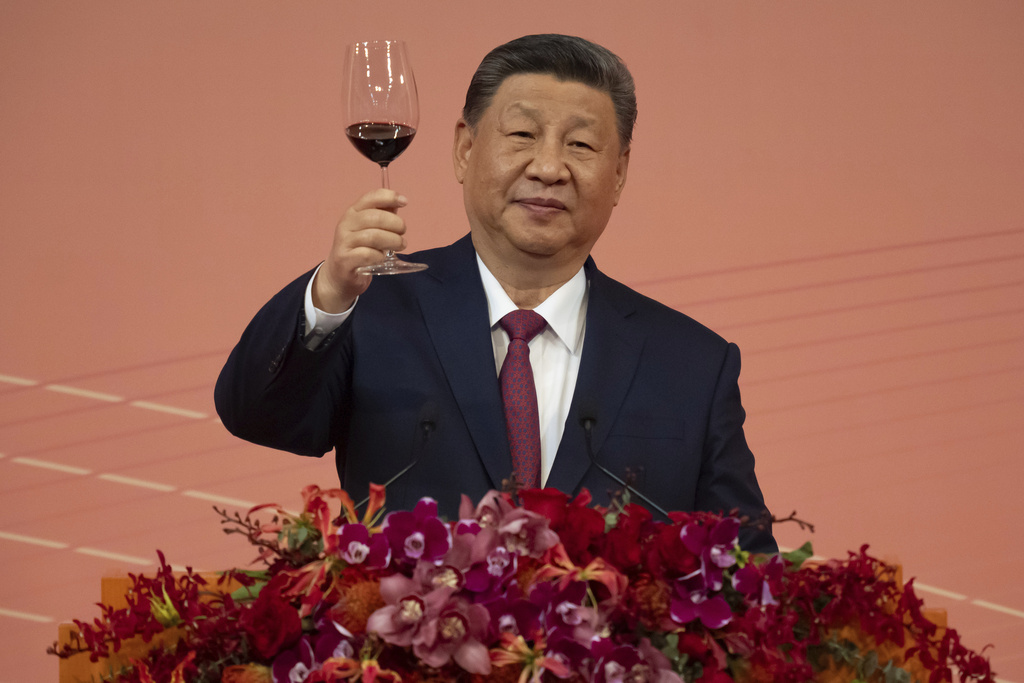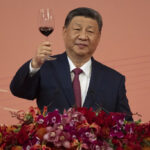
After a 14-day absence from public view, Chinese leader Xi Jinping reappeared on June 4 to host Belarusian President Aleksandr Lukashenko at his official residence in Beijing. The meeting was unusually subdued, with both Chinese and Belarusian media describing it as “family-like” and informal. In contrast to standard state visits, it received limited media coverage, underscoring its low-profile nature.
These unusual developments—alongside numerous claims by whistleblowers suggesting that Xi is now serving only in a nominal capacity—have sparked widespread speculation about political unrest within the Chinese Communist Party’s (CCP) top leadership. Some experts believe that Xi may be losing his once-unchallenged grip on power—or at least facing internal constraints on his decision-making authority, including over key issues like U.S.-China negotiations.
In an interview with The Epoch Times on June 3, Wu Zuolai, a U.S.-based scholar and political commentator, offered a detailed analysis of what he sees as significant changes to Xi’s standing within the CCP.
According to Wu, Xi’s core leadership position has been notably weakened since the CCP’s Third Plenum meeting in July 2024, with a new internal counterweight emerging—led by reformist and moderate factions.
“There appears to be a temporary central group that has effectively sidelined Xi’s core authority,” Wu said.
Click this link for the original source of this article.
Author: Marty Kaufmann
This content is courtesy of, and owned and copyrighted by, https://www.offthepress.com and its author. This content is made available by use of the public RSS feed offered by the host site and is used for educational purposes only. If you are the author or represent the host site and would like this content removed now and in the future, please contact USSANews.com using the email address in the Contact page found in the website menu.







